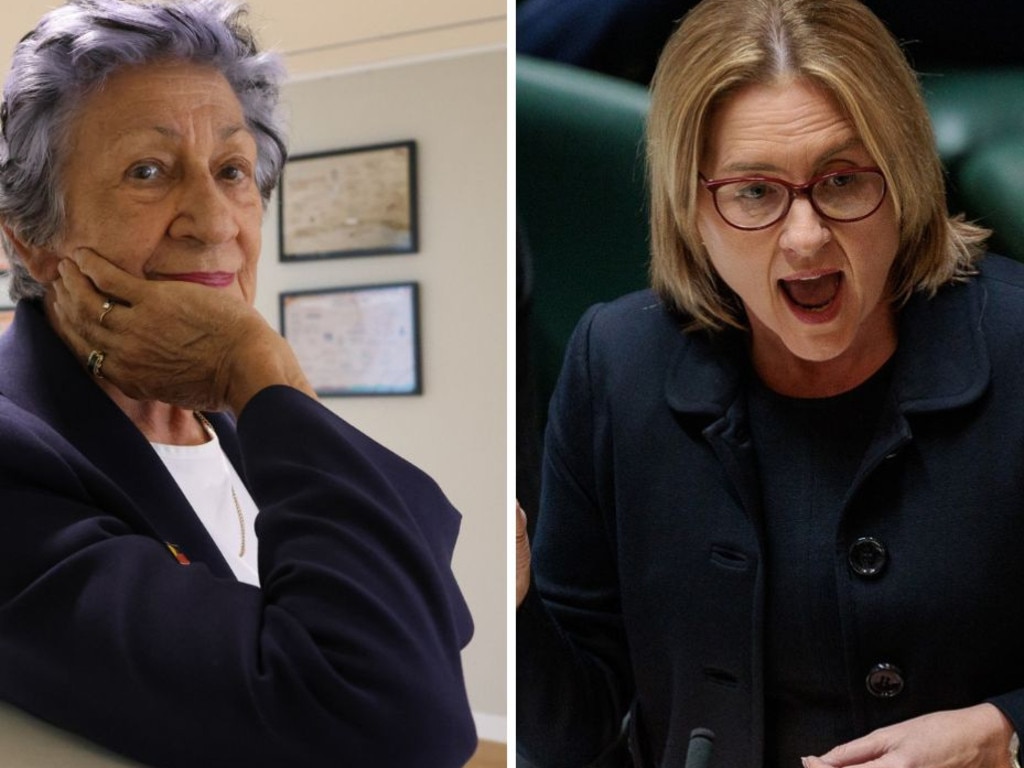Yoorrook genocide finding an ‘opportunity for change’
The most significant result from Victoria’s truth-telling hearings is a finding of genocide, according to an Indigenous leader.

The most significant result from Victoria’s truth-telling hearings is a categorical finding of genocide against the state’s Aboriginal people, according to the former chairman of the elected body that helped establish the landmark process.
Marcus Stewart, who helped usher in the Yoorrook Justice Commission as inaugural chairman of the First Peoples’ Assembly of Victoria, told The Australian that many First Nations people in Victoria felt relief that the truth of a genocide against their forebears had been so publicly acknowledged.
Almost three decades since controversy erupted over the Bringing them Home report’s finding that the historical child removal practices met the criteria for genocide, the Yoorrook commission’s conclusion that genocide occurred in Victoria have been tabled in state parliament.
One of the Yoorrook documents tabled this week states: “Based on the evidence Yoorrook received, colonisation in Victoria involved acts of genocide and the gravest forms of injustice against First Peoples.” Yoorrook wrote that from 1834, mass killings, disease, sexual violence, exclusion, linguicide, cultural erasure, environmental degradation, child removal, absorption and assimilation combined to bring about the near-complete physical destruction of First Peoples in Victoria.
“Yoorrook found that the decimation of the First Peoples population in Victoria between 1 per cent and 5 per cent of the pre-colonisation population by 1901 was the result of ‘a co-ordinated plan of different actions aimed at the destruction of the essential foundations of the life of national groups,” Yoorrook wrote. “This was genocide.” Yoorrook’s work for the past four years was overseen by seven commissioners. The chairwoman is professor Eleanor Bourke, a Wergaia/Wamba Wamba elder.

Yoorrook heard evidence from historians and First Nations people before publishing its final reports. The findings include that “the taking of country and resources was violent as First Peoples were displaced and massacred by European settlers in the pursuit of their land and waters”. “By the end of the 1860s, there had been at least 50 recorded massacres across Victoria, in which just eight colonists were killed compared to 978 First Peoples,” Yoorrook states in its key findings.
“It is highly likely that this violence was significantly under-recorded. The British imperial government were aware of the gross abuses of First Peoples and failed to act or take any effective action to protect the First People, their property or other rights.”
Yoorrook’s 100 recommendations in policy areas including education, justice, health, housing and employment have been a focus of responses to the commission’s work this week. However, Mr Stewart, who is no longer the chairman of the First Peoples’ Assembly, said genocide was the reason why many of those recommendations were necessary.
“We can now see the overwhelming evidence that a genocide occurred in Victoria,” Mr Stewart said.

“This is something our people have always known, and is now laid bare for all Victorians to see. This is not a moment of assigning blame but rather an opportunity for us to now reshape the social fabric of this great state.”
Victoria has been working towards treaties with the state’s Aboriginal people since the First Peoples’ Assembly of Victoria was established six years ago.
On Wednesday, First Peoples’ Assembly co-chair Rueben Berg said Yoorrook’s final report showed the clear need for change. Mr Berg, a Gunditjmara man, said treaty would deliver this. “Truth and treaty go hand-in-hand – treaty will acknowledge our shared history and be an agreement between First Peoples and the Victorian government on how we move forward together,” he said. “Victorians know that we can’t keep doing the same thing and expecting different results. When it comes to issues facing First Peoples, we need a different approach, one that draws on the expertise of First Peoples to design and deliver practical solutions to local challenges. That’s what treaty is all about.”
The Assembly is negotiating the first statewide treaty agreement between First Peoples and the Victorian government.







To join the conversation, please log in. Don't have an account? Register
Join the conversation, you are commenting as Logout